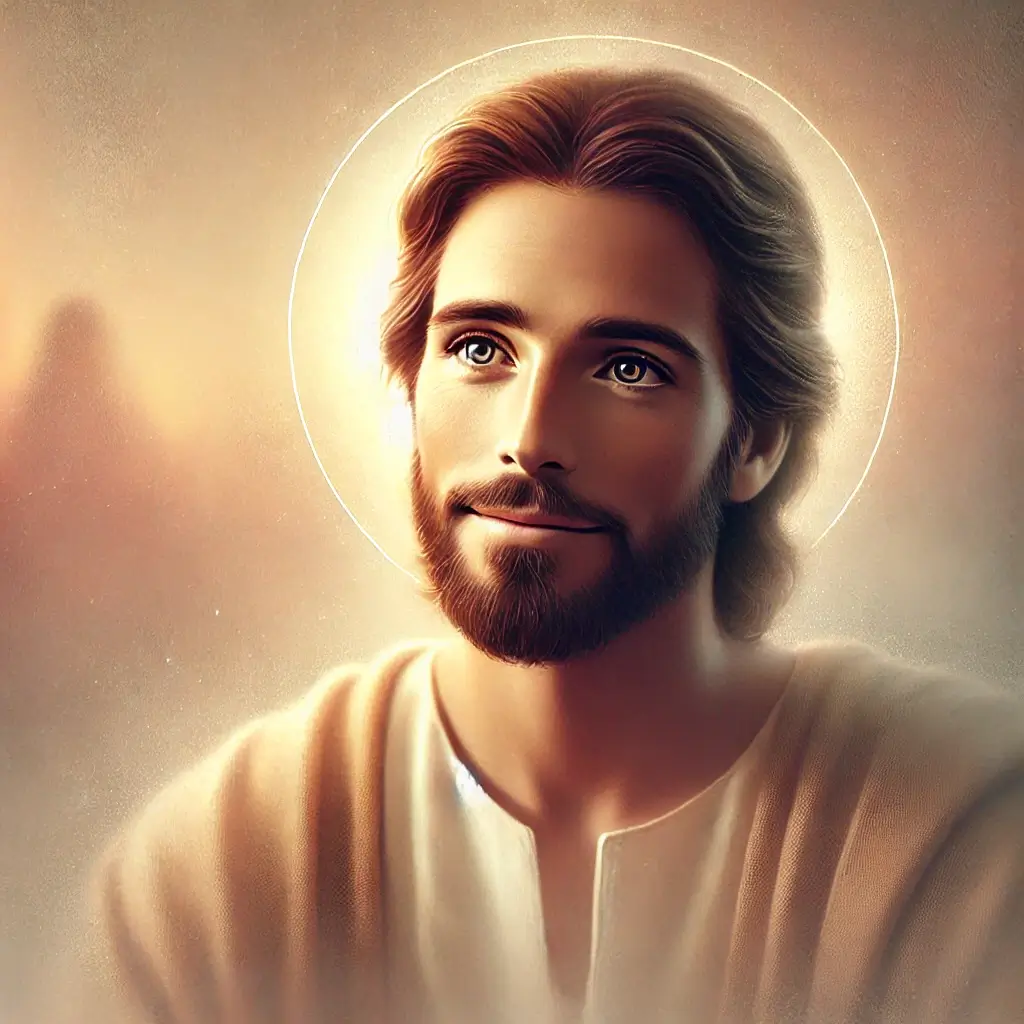
Jesus: I Speak to You Again
Chapter 42
Mary and Joseph
Mary and Joseph were newly married and very young when I was born. However, their lineage had been carefully examined for generations, tracing back through the history of humanity. Their family was chosen personally by Gabriel, who selected them from three final couples whose ancestry had been thoroughly checked in the divine registries. Yet, despite the sacred importance of family among the Jewish people, you have distorted my life story, claiming that I was born of a virgin and thus erasing my birth from the family of Mary and Joseph.
The role of the family was held in the highest regard in the Jewish culture of that time, just as it is today. How, then, can you claim that my birth took place outside the boundaries of family, and call this distortion the word of God? The Jews have always elevated the family to a place of honor, especially the roles of the mother and father. In Jewish tradition, a boy is raised by his mother until the age of five, at which point the father takes over his upbringing. Meanwhile, the mother continues to raise the girls until they marry. Even after marriage, a daughter is still considered a virgin until she gives birth to her first child. Only then does she enter into full womanhood.
Thus, before Mary gave birth to me, she was still considered a “virgin” according to the customs of the time, even though she was married. I was her first child, and only after my birth did she fully assume her status as a woman. These cultural nuances have been misunderstood, leading to the many distortions in the scriptures you now call holy.
If you read these scriptures attentively, you will find the names of my brothers, and mentions of my sisters as well. This alone should tell you more about my family—about Mary and Joseph, who were blessed with nine children. It is painful for me to see how these truths have been distorted over time. Our family was large, and after my father, Joseph, tragically died in an accident at a construction site, I became the primary provider and caretaker for my younger brothers and sisters. I had to support my mother, both financially and emotionally.
At that time, I was just fourteen years old, and the responsibility that fell upon me was immense—far greater than what most children would ever experience. I had to provide for our family and raise my siblings, stepping into the role of an elder brother-father figure at an age when most boys were enjoying their youth. This sudden responsibility was incredibly difficult for me. My adolescent years, which are typically full of joy and carefree living, were cut short as I had to take on burdens that even grown men would struggle to bear.
Before Joseph’s death, I had been an energetic and joyful boy, full of laughter and mischief. My liveliness often caused anxiety for my parents and those around me. But I was also well-liked and forgiven for my antics because people respected my father, Joseph, who was known for his industriousness and sincerity.
My mother, Mary, was a devoted wife and a loving mother, though her temperament was less stable than my father’s. Joseph was a calm and steady man, while Mary’s moods fluctuated more, and this contrast had a significant influence on shaping my character. Before my father’s death, I was much more like my mother, filling every space with my presence and feeling a natural tendency to lead. Other boys often followed my lead, and I assumed that my younger siblings should do the same.
However, once I became the sole breadwinner for our family, I truly understood the weight of responsibility. This responsibility pressed down on my still-developing shoulders, and I began to see what it meant to care for others in a way I hadn’t understood before. The loss of my father forced me to grow up quickly and to take on a role that I had not anticipated, changing me deeply in ways that shaped the rest of my life.